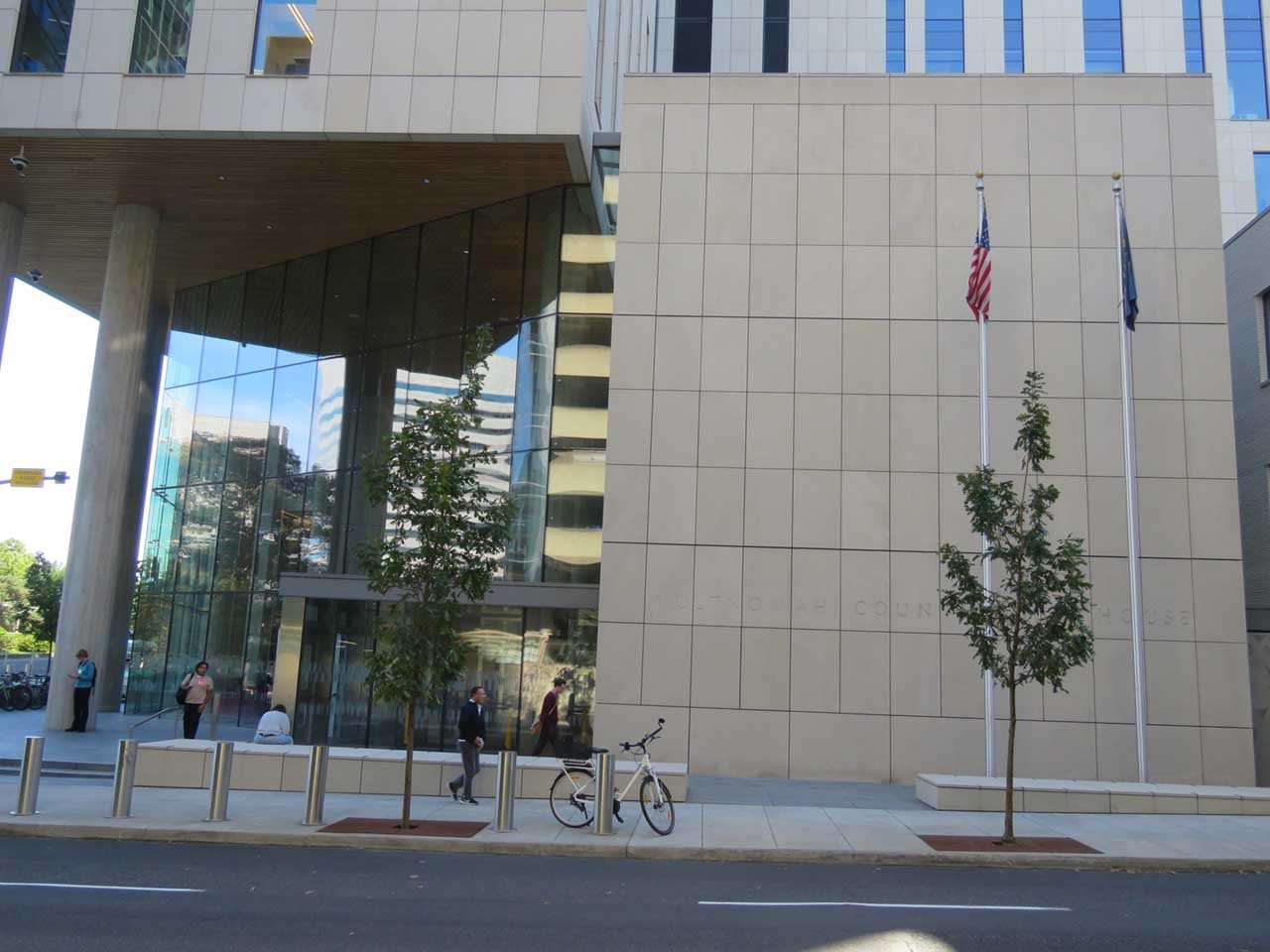Multnomah County May Soon Charge People Who Drop Out of Drug Deflection Programs After Poor First-Year Results

The Multnomah County District Attorney proposed on Tuesday that people who fail to complete the county’s Deflection Program face criminal penalties, following disappointing results from the Deflection Center.
Multnomah County May Soon Charge People Dropping Out Of Drug Deflection Programs
District Attorney Nathan Vasquez proposed the change because he is unsatisfied with the county’s progress after reviewing the year-end numbers in the Deflection Center’s annual report, which show disappointing results.
Since House Bill 4002 recriminalized low-level drug possession and allowed counties to start deflection programs in 2024, police throughout Oregon arrested thousands of people for misdemeanor drug possession, but those detained may earn a citation and will not be booked in jail.
Statewide Deflection Participation Snapshot
Dailytidings.com
HB4002 gives police and prosecutors discretion over whether to make a case eligible for deflection, but many people in those cases do not qualify for the programs.
For example, arrests involving other charges besides drug possession can make someone ineligible for the programs, as can having another pending case or residency outside Oregon.
Deflection Program: Referral → Engagement → Service Access
Data from Multnomah County Deflection Program, 2024–2025.
Dailytidings.com
In a Capital Chronicle survey on moving beyond addiction earlier this year, the survey found that:
- 416 people had entered deflection programs across the state since they started, and over 300 have remained in them. In some rural counties, such as Baker and Malheur, only a few people have enrolled in programs.
- On the things that block people in addiction from getting help:
- 64% said inadequate treatment resources are a barrier.
- 59% said easy access to drugs on the street is a barrier.
- 35% said inadequate law enforcement resources prevent people from getting help.
- 68% said they would choose a drug treatment program instead of being arrested and facing a misdemeanor possession charge.
- 5% said they would rather be arrested and jailed. The remaining were uncertain.
- Nearly 64% said inadequate treatment programs are also an obstacle.
Of the 40 people surveyed, 22 who accessed or tried to access drug addiction treatment said it was the most difficult service to obtain, compared with other services like food assistance, job training, and Medicaid, which are easier to access. Only two said it was the easiest service to obtain.
Of the 606 referrals to the Multnomah County deflection program, only 113 completed deflection.
With fewer than two people a day entering the program in its first year, over a third left without an assessment or consequences. Only 18% of people dropped off by police followed up with a service provider.
What Prevents People From Entering Treatment?
Survey: 40 participants assessing addiction treatment access.
Dailytidings.com
Vasquez is not concerned about getting nice numbers, but wants to achieve meaningful engagement in treatment by individuals, the people eligible for deflection.
This will go into effect January 5, and Vazquez believes this solution will help meet the needs of people struggling with addiction.
Vasquez proposed criminal penalties for people who fail to complete the deflection program. A report would be sent to his office, and the person dropping out would receive a citation to appear at a future court date, or a warrant would be issued for their arrest.
